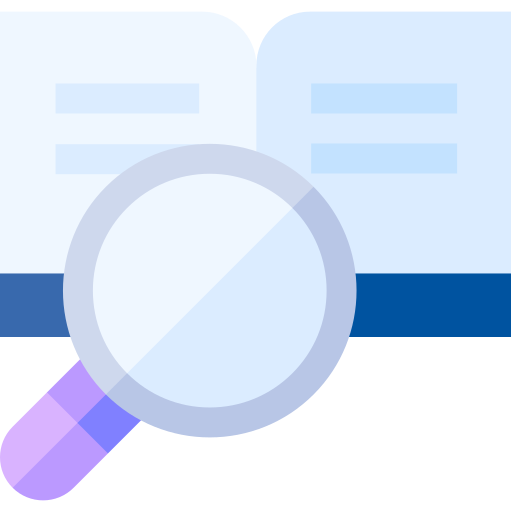Are you considering refinancing your home? This strategy can help you achieve better mortgage terms and save money in the long run. Learn more about the process and what to consider before making this important decision.
Home refinancing is a popular strategy for homeowners looking to improve their mortgage terms. By securing a new mortgage to pay off the existing one, you can potentially benefit from lower interest rates, reduced monthly payments, and even shorten the loan term.
This guide will walk you through the essentials of home refinancing, helping you make an informed decision that aligns with your financial goals.
Understanding Home Refinancing
Home refinancing involves obtaining a new mortgage to replace your current one. The new loan pays off the existing mortgage, and you start a new contract under different terms. Homeowners typically refinance to take advantage of better interest rates, adjust the loan term, or tap into their home’s equity.
Factors to Consider Before Refinancing
Before deciding to refinance, consider several important factors:
- Duration of Stay: How long you plan to stay in your home can impact whether refinancing is beneficial.
- Interest Rate Comparison: Compare your current mortgage rate with potential new rates.
- Closing Costs: Be aware of costs such as title insurance, appraisals, attorney fees, and transfer fees.
Steps in the Refinancing Process
- Check Your Credit Score: Your credit score significantly influences the interest rate you’ll receive. Make sure your credit is in good standing.
- Research Home Value: Use online tools to estimate your home’s current market value.
- Find the Best Rates: Utilize mortgage comparison tools to find competitive rates.
- Prepare Documentation: Gather necessary documents, such as income statements, tax returns, and current mortgage details.
- Choose a Lender: Banks and credit unions aren’t your only options. Consider savings and loan institutions and consumer finance companies as well.
Benefits of Refinancing Your Mortgage
Refinancing offers several advantages:
- Lower Interest Rates: Secure a lower rate to reduce your monthly payments and overall interest paid.
- Shorter Loan Term: Switch from a 30-year to a 15-year mortgage to pay off your home faster.
- Fixed Rates: Convert adjustable-rate mortgages or home equity lines of credit (HELOC) into fixed-rate loans, providing stability against interest rate fluctuations.
Conclusion
Refinancing your home can be a smart financial move if done correctly. By understanding the process, comparing rates, and considering the costs, you can secure better mortgage terms that align with your financial goals.
If you’re ready to take the next step, start researching and gathering the necessary information to make the best decision for your situation.




